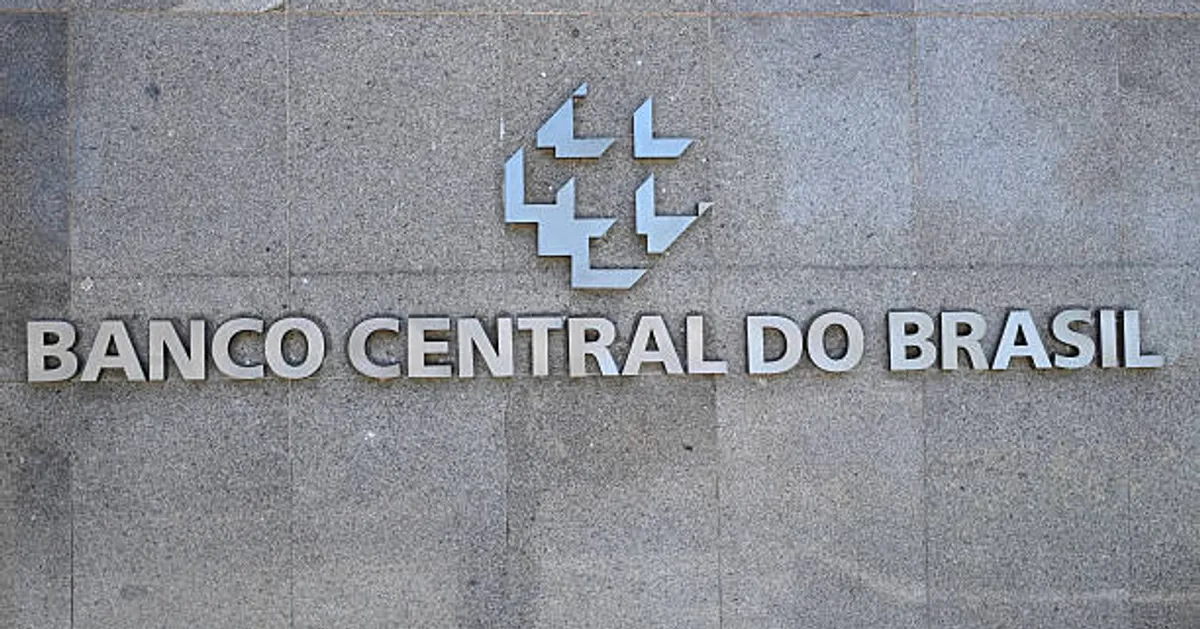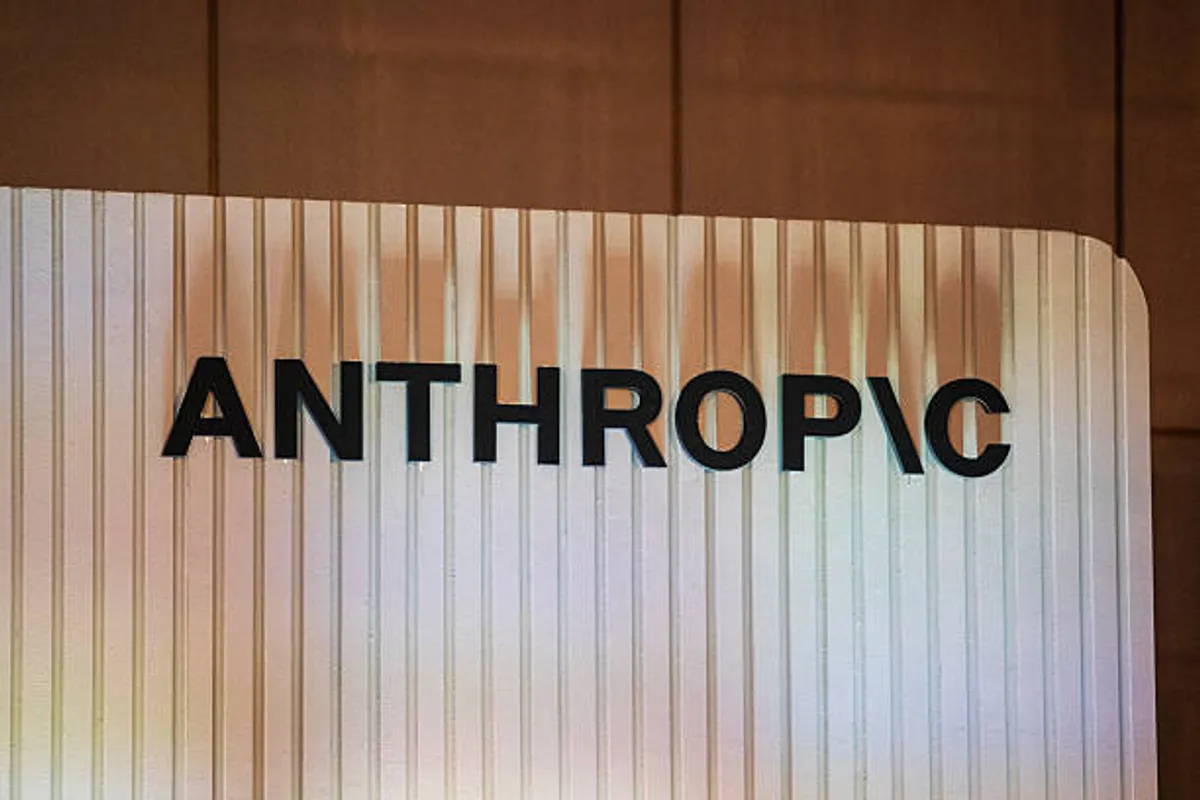Brazil’s Central Bank Tightens Crypto Rules Ahead of February 2026 Roll-out

GeokHub

Brazil’s Central Bank has rolled out a comprehensive set of new regulations designed to bring greater oversight and accountability to the country’s fast-growing cryptocurrency market. The new rules, which officially take effect in February 2026, aim to curb fraud, improve transparency, and align the digital-asset industry with traditional financial standards.
Under the framework, virtual asset service providers — including exchanges, brokers, and payment platforms — must now obtain full authorisation to operate legally within Brazil. The rules also classify stablecoins, or digital tokens pegged to traditional currencies, as foreign-exchange instruments, placing them under tighter scrutiny.
Officials say the reforms are intended to strengthen consumer protection and reduce the risk of illicit finance tied to crypto trading. Firms will now be required to meet strict compliance standards related to governance, security, and anti-money-laundering measures.
Analysis / Impact:
Brazil’s move signals a significant turning point for Latin America’s largest digital-asset market. While the country has long been a hub for crypto innovation, regulators are now prioritising investor safety and financial transparency.
Analysts believe the tougher framework could attract larger institutional investors who previously avoided the space due to regulatory uncertainty. However, smaller exchanges may face difficulties meeting the new compliance costs, potentially leading to consolidation in the market.
For users, the updated rules could mean safer transactions, greater accountability from platforms, and clearer legal pathways for cross-border payments using stablecoins.








